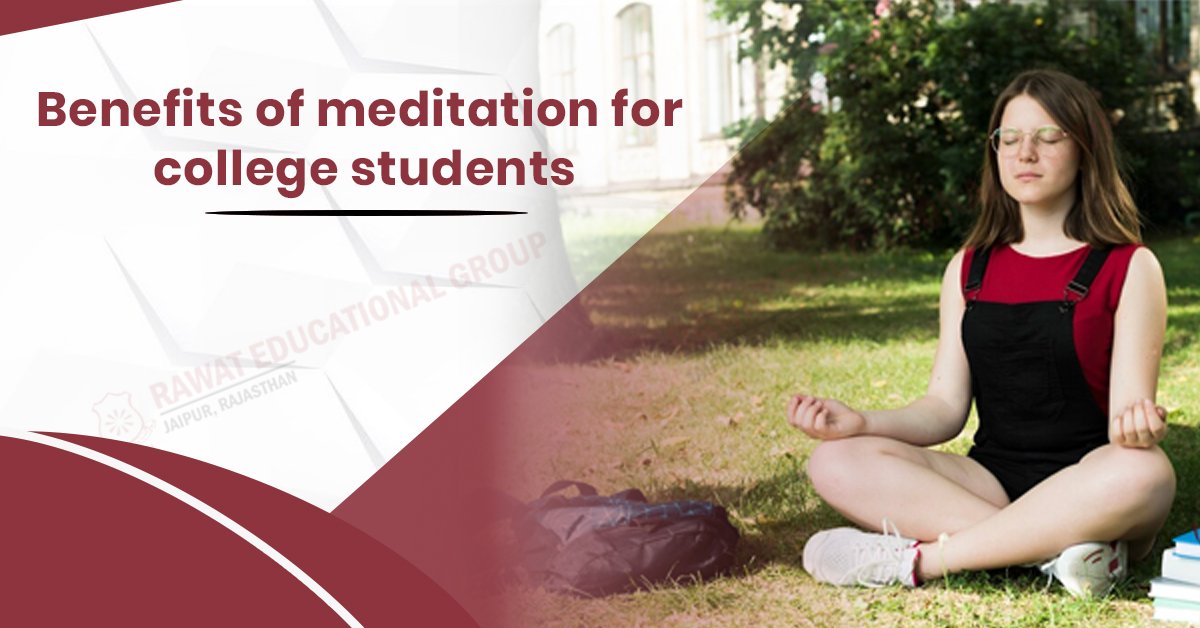Tips on Self-Care for Teachers

What Is Self-Care for Teachers?
Self-care for teachers encompasses a holistic approach to well-being, addressing the physical, emotional, and mental demands inherent in their profession. It involves consciously attending to one's needs to prevent burnout and maintain a sustainable work-life balance.
Physical self-care entails activities such as regular exercise, sufficient sleep, and a balanced diet to sustain energy levels. Emotional self-care involves setting boundaries, practicing mindfulness, and seeking support to navigate the emotional complexities of teaching.
Professional self-care entails managing time effectively, advocating for one's needs, and engaging in ongoing professional development. Social self-care emphasizes building supportive relationships with colleagues, friends, and family to combat feelings of isolation.
Finally, intellectual self-care involves staying curious and engaged in lifelong learning to remain intellectually stimulated. By prioritizing self-care, teachers can sustain their passion for teaching while fostering their overall well-being.
Also read: Importance Of Parent Teacher Meetings at School
Why Is Self-Care Important for Teachers?
Self-care is crucial for teachers due to the demanding nature of their profession, which can often lead to burnout and decreased job satisfaction if their well-being is neglected. Here's why self-care is important for teachers:
- Maintaining Mental Health: Teaching can be emotionally taxing, with teachers facing challenges such as managing student behavior, meeting academic standards, and dealing with administrative tasks. Self-care practices help teachers manage stress, anxiety, and other mental health concerns, reducing the risk of burnout and promoting overall well-being.
- Enhancing Job Performance: When teachers prioritize self-care, they are better equipped to perform their duties effectively. By taking care of their physical, emotional, and mental health, teachers can maintain the energy, focus, and enthusiasm needed to engage students, plan lessons, and provide effective instruction.
- Modeling Healthy Behaviors: Teachers serve as role models for their students, demonstrating the importance of healthy habits and self-care practices. By prioritizing their own well-being, teachers can positively influence students' attitudes and behaviors towards self-care, setting them up for success both academically and personally.
- Preventing Burnout: Teaching can be emotionally demanding, and without proper self-care, teachers are at risk of burnout—a state of physical, emotional, and mental exhaustion. Burnout can lead to decreased job satisfaction, increased absenteeism, and ultimately, attrition from the profession. Self-care acts as a protective factor against burnout, enabling teachers to sustain their passion for teaching over the long term.
- Fostering Work-Life Balance: Self-care practices help teachers establish boundaries between their professional and personal lives, allowing them to recharge and rejuvenate outside of work hours. By prioritizing time for rest, relaxation, and leisure activities, teachers can maintain a healthy work-life balance, which is essential for long-term job satisfaction and fulfillment.
How Can Teachers Practice Self-Care?
Teachers can practice self-care through a variety of strategies tailored to their individual needs and preferences. Here are some ways self care tips for teachers that they follow into their routines:
- Set Boundaries: To foster a healthy work-life balance, it's essential to establish clear boundaries between work and personal life. Designate specific time slots for work-related tasks and leisure activities, and make every effort to avoid bringing work home. This intentional separation allows for adequate time to rest, recharge and engage in activities that bring joy and relaxation.
- Prioritize Physical Health: Make time for regular exercise, such as walking, jogging, yoga, or swimming, to improve physical fitness and reduce stress. Additionally, prioritize nutritious meals and adequate hydration to maintain energy levels throughout the day.
- Practice Mindfulness and Relaxation Techniques: Incorporate mindfulness meditation, deep breathing exercises, or progressive muscle relaxation into daily routines to reduce stress and promote relaxation. These techniques can be especially helpful during moments of tension or overwhelm.
- Engage in Hobbies and Activities Outside of Teaching: Dedicate time to activities and interests that bring joy and fulfillment outside of the classroom. Whether it's gardening, painting, playing a musical instrument, or exploring the outdoors, engaging in hobbies can provide a much-needed break from work-related responsibilities.
- Seek Social Support: Foster connections with colleagues, friends, and family members to provide social support and encouragement. Schedule regular social activities or gatherings to maintain a sense of connection and belonging.
- Take Regular Breaks: Integrate brief breaks into your day to relax and rejuvenate. Utilize these breaks to stretch, go for a quick walk, or engage in a brief mindfulness exercise to invigorate both your mind and body.
- Practice Self-Compassion: In times of adversity, practice self-compassion and kindness. Celebrate your efforts and accomplishments while recognizing that seeking support or taking a break is acceptable when necessary.
- Set Realistic Goals and Expectations: To prevent overwhelming yourself, set achievable goals and expectations. Divide tasks into smaller, more manageable steps, and recognize your progress as you go, celebrating each milestone.
- Engage in Professional Development: Invest in your professional growth and development by attending workshops, conferences, or online courses related to teaching. Learning new skills and strategies can help enhance job satisfaction and effectiveness in the classroom.
- Seek Support When Needed: Don't hesitate to reach out for support from colleagues, mentors, or mental health professionals if you're feeling overwhelmed or experiencing persistent stress or anxiety.



